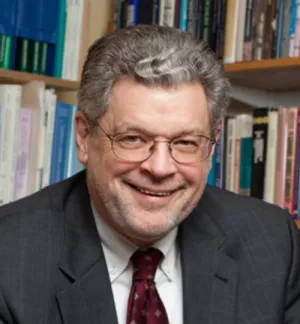Introduction
The Environmental Protection Agency issued a final rule that defines a broad and complicated set of standards for controlling carbon dioxide (CO2) emissions from affected electricity generating units. (Environmental Protection Agency, 2015b) The proposed national average reduction by 2030 is 32% from the 2005 level of emissions, about half of which has already occurred. (Environmental Protection Agency, 2015j) The rules for new power plants are relatively straightforward and imply little more than reinforcing the current economic choice of natural gas over coal fired generation, given current projections for the price of natural gas. The Clean Power Plan rules for existing power plants arise under a different section of the Clean Air Act and present a more complicated picture. The result has implications for the nature and degree of future limitations on carbon dioxide emissions from the electricity sector. In addition, some versions of the possible implementation plans could have material implications for the operations of Regional Transmission Organizations under the regulations of the Federal Energy Regulatory Commission. The purpose here is to highlight some of the possible directions for relevant policies of electricity system operators.
William W. Hogan, Harvard University
Hogan, William. “Electricity Markets and the Clean Power Plan.” Harvard Project on Climate Agreements, Belfer Center, October 2015


